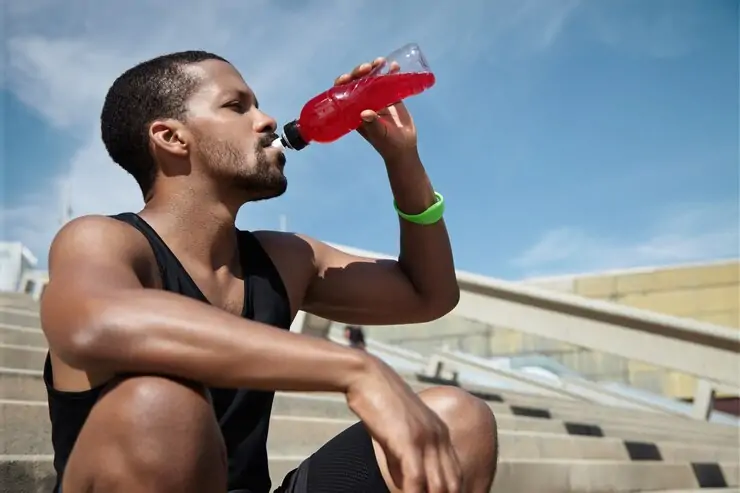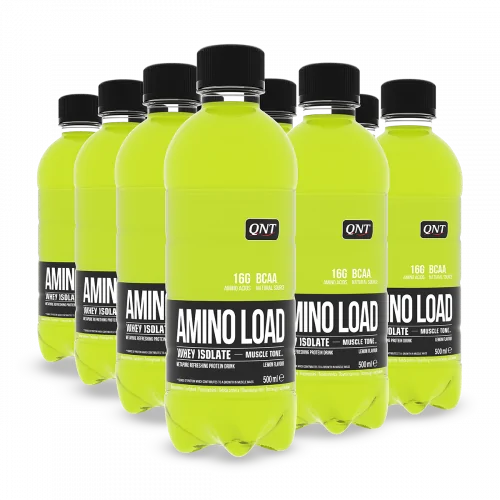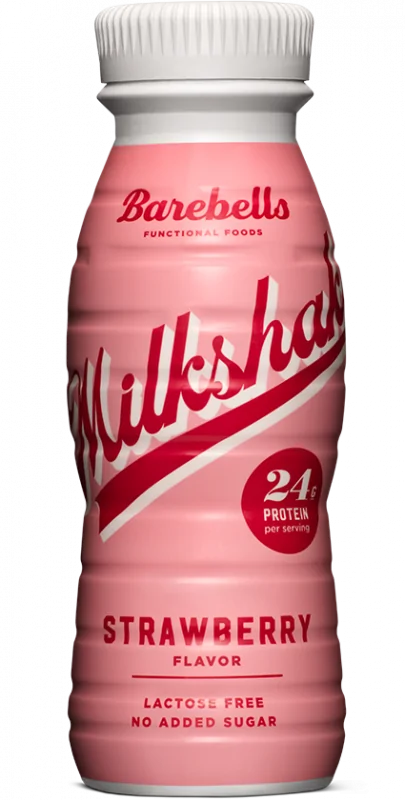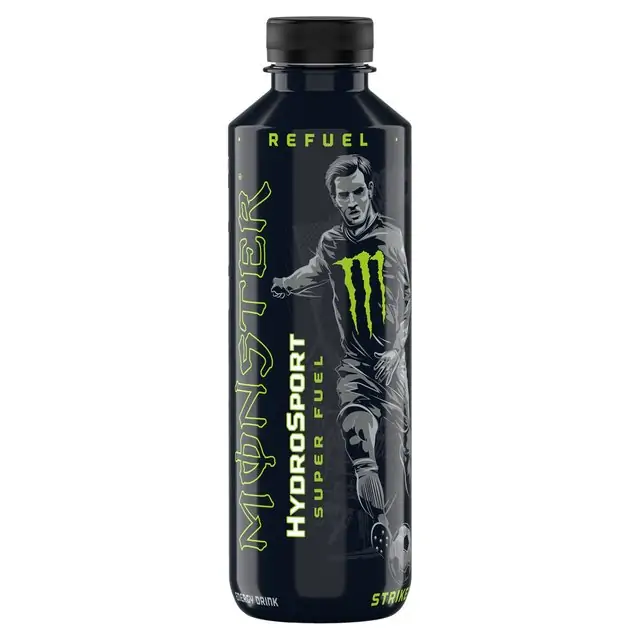Les électrolytes dans le sport : Quels sont les plus importants et comment les reconstituer ?

The Invisible Key to Sports Performance
At The Nutrition Store, we know that beyond proteins and creatine, electrolytes are essential for performance. These minerals regulate hydration, muscle contraction, and recovery. When training, they’re lost through sweat—and if not replenished, the body feels it.
In this article, we’ll explain which ones are most important and how to effectively replenish them to keep performing at your best.
What Are Electrolytes and Why Are They Essential in Sports?
Electrolytes are minerals found in body fluids (like blood and sweat) that carry an electric charge. This charge is crucial for regulating multiple physiological functions, especially those related to muscular and nervous activity.
Basic Functions in the Body
Electrolytes play a role in:
Fluid balance inside and outside the cells
Muscle contraction (including the heart)
Transmission of nerve impulses
Cellular hydration
Sustained physical performance
How They’re Lost During Exercise
When you work out—especially in hot environments or during long sessions—you sweat and breathe more intensely, which leads to significant loss of these minerals. If you don’t replenish them, you may experience:
Fatigue
Dizziness
Cramps
Prolonged post-workout muscle soreness
Decreased overall performance
Key Electrolytes: Which Ones Matter and What Do They Do?
Not all electrolytes are created equal. Some play a more critical role during training and recovery. Here are the most important ones and what they do:
Sodium (Na)
This is the most important when we talk about sweat and performance. Sodium:
Regulates blood pressure
Balances water levels in the body
Is essential for the transmission of nerve impulses
Affects muscle contraction
A low sodium concentration from excessive sweating can cause hyponatremia, a dangerous condition that leads to confusion, nausea, cramps, and fatigue.
Potassium (K)
The second big player. Potassium:
Maintains a stable heart rhythm
Supports muscle function
Helps transport nutrients into cells
Is essential for efficient muscle recovery
Low potassium levels are linked to muscle weakness and quick fatigue.
Magnesium (Mg)
A key mineral, though needed in smaller amounts. Magnesium:
Contributes to over 300 enzymatic reactions
Relaxes muscles and helps prevent cramps
Supports the nervous system
Improves sleep and recovery
Deficiency may lead to stiffness, spasms, and a higher perception of fatigue.
Calcium (Ca)
Best known for its role in bones, calcium also:
Supports muscle contraction
Aids in the release of neurotransmitters
Regulates heart rate
Without enough calcium, communication between nerves and muscles is disrupted.
Chloride (Cl)
Works alongside sodium and plays a key role in:
Maintaining blood pH
Regulating osmotic pressure
Stabilizing fluid balance
Even though it’s not often talked about, it’s essential for a balanced internal environment.
How to Replenish Electrolytes Effectively
There are several ways to recover lost minerals. At The Nutrition Store, we recommend tailoring your strategy based on the intensity of your workout, duration, climate, and individual sweat rate.
Sports Drinks
Easy to consume and designed specifically to replenish water, carbohydrates, and electrolytes. Examples:
Gatorade
Isostar
Powerade
Oral rehydration solutions in sports versions
Ideal for long training sessions or hot weather conditions. However, always check the sugar content and look for formulas with real sodium, potassium, and magnesium, not just glucose.



Amino Load Lemon Whey Isolate
Protein Milkshake Strawberry
Monster HYDRO SPORT Striker
Specific Supplements
Available in powder, capsules, or effervescent tablets. Their advantages:
-
More concentrated and cleaner than sugary drinks
-
You can adjust the dosage
-
Easy to carry and mix with water
Electrolytes are often found in powders combined with fast-absorbing carbohydrates for a more complete post-workout recovery.
Electrolyte-Rich Foods
If your training isn’t extreme, you can also replenish with food:
-
Banana: rich in potassium
-
Avocado: potassium and magnesium
-
Coconut water: natural potassium
-
Nuts: magnesium and calcium
-
Leafy greens: calcium, potassium, and magnesium
-
Sea salt or Himalayan salt: sodium and chloride
When Is It Most Important to Take Electrolytes?
It’s not always necessary. But there are key moments when replenishment can make a real difference.
Before Training
-
If you train fasted
-
If the weather is hot or humid
-
If you’ve had multiple sessions in a row
Helps you start with full reserves
During Training
-
In sessions over 60 minutes
-
In outdoor training with heavy sweating
Helps maintain fluid and energy balance
After Training
-
Ideal for replenishing what’s lost
-
Promotes rehydration
-
Helps reduce muscle fatigue
At The Nutrition Store, we recommend having a personalized hydration strategy, especially if you train more than 3 times a week, do long cardio sessions, or follow routines like CrossFit, cycling, or running.
Learn to Hydrate Smarter with The Nutrition Store
At The Nutrition Store, we don’t just talk about products. Our goal is to educate, guide, and inspire those who want to train better, perform more, and take care of their body with trustworthy information.
Visit us at our physical store in Barcelona or check out our website to discover more articles like this one, practical tips, and up-to-date content on supplementation, sports, and health.
Explore The Nutrition Store now and take your training to the next level with real knowledge.






